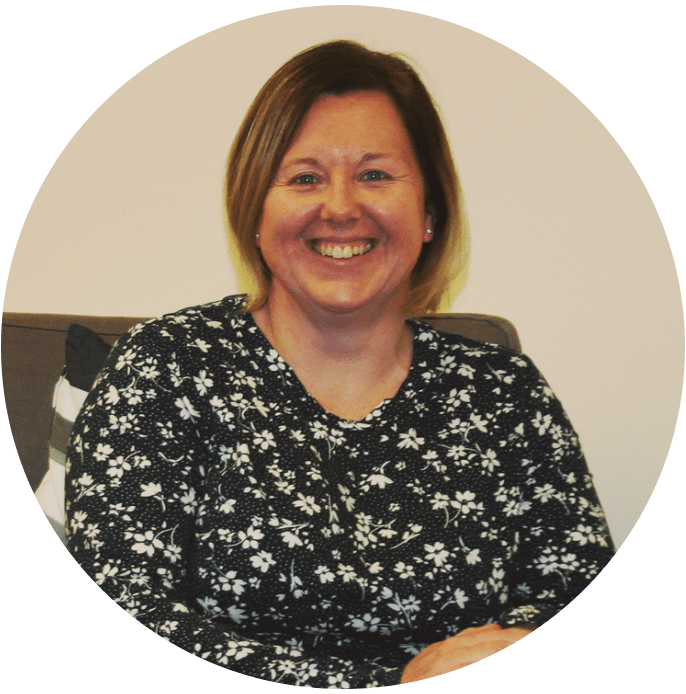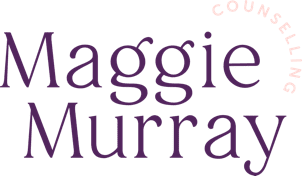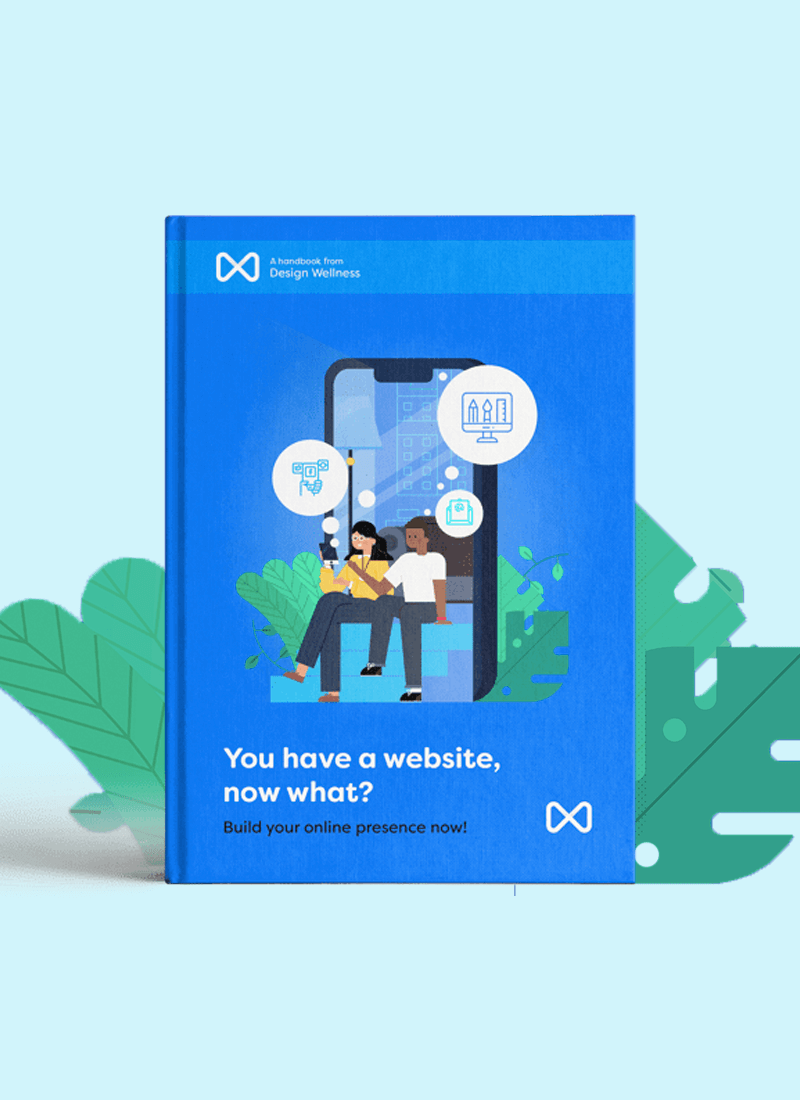Q&A with Maggie Murray


Maggie is an an accredited and registered member of the British Association of Counselling and Psychotherapy, Reg MBACP (accred). She works from a pluralistic perspective and is currently training in Compassion Focused Therapy as part of her continued professional development. Maggie's intention throughout the therapeutic relationship with you is to establish and maintain trust, mutual respect, and integrity.

Industry Insights
In this series, we highlight the journey of mental health professionals from their beginnings in the industry all the way through to the services they provide. Getting to know the people we work alongside allows us to adapt and craft more personal experiences for them and their clients.
Tell us about your journey into therapy, what led you to become a therapist?
My journey to becoming a therapist was one of curiosity. Many of my friends had told me I was such an attentive listener and I was easy to talk to. That I had a soothing way of responding to them and that they felt safe talking to me.
After experiencing a few of my own difficult life events I felt a real desire to explore learning in more depth, about human behaviour and how I could help others but without overwhelming myself as I could identify with being an empath!
Counselling training seemed an interesting subject so I thought I would return to further studies and grasp what it was all about with the hope of developing some of the skills to enable myself to regulate my own emotional well-being as I was so affected physically by other people’s pain and suffering.
How was your first year in your practice – are there any bits of wisdom that you could share?
Have you ever heard of imposter syndrome?
I had completed over 250 client hours during my training and had engaged in my own personal therapy to work through my own limited beliefs, reactive behaviours and self-critic but still in my first years of qualifying and starting my private practice I often felt not good enough. Questioning, why would someone pay to come and work with me, I’m not experienced enough or knowledgeable about the issues my clients were raising within our sessions.
The wisdom I will share is engaged in clinical supervision with a supervisor who has a style of working that meets your needs as it’s paramount that the therapist feelings held and supported.
If you can’t open up and allow yourself to be vulnerable with your supervisor in fear of their responses then your growth to discover and learn through your experiences will be limited.
Vulnerability is where we learn to grow, accept change as it occurs and find strength, courage and wisdom to enable us to be fully present within our therapeutic relationships.
Is there anything in the wellness industry that you feel could be developed more?
It is evolving all the time, and we have some amazing leaders in our field who are raising the standards to bring in firmer regulations. My hope is that if the ScopEd which is an ongoing debate, is put into force that will structure a tier system within our field enables therapists to feel safe and held with positive regard and recognition.
Many therapists like myself desire to get the message out there that normalising therapy will one day take away the stigma that you only go to therapy when you are ill and unable to cope.
My intention is to reach out to as many people as possible to positively reflect that going to therapy is a choice of great courage, strength and wisdom.
To learn ways to alleviate your own pain and suffering internally and enable you to develop knowledge and skills to communicate and interact effectively within your relationships with yourself and with others.
What do you love about your job?
So much….
- Sitting attentively with another human being offering them a safe place to learn about themselves at a depth they didn’t know was possible.
- Seeing my clients shift within their own psyche through developing ways they can manage their relationships with themselves and others more compassionately that soothes their regulatory system and enables them contentment, acceptance and inner peace.
- My wonderful supportive colleagues who inspire me. Who show up and engage in healthy communications through discussions, on personal and professional development and encourage me in so many ways to look at life from so many perspectives.
- Our Commitment to continued learning. We learn so much from our interactions with our clients who are the experts of themselves, the therapist is the facilitator.
Any top tips for those looking to improve their wellbeing
Give yourself the opportunity to discover a deeper understanding of any blocks, fears and resistance you have towards developing your compassionate self.
From this position, you can develop the courage, strength and wisdom to find ways to heal from your past experiences, release unhelpful messages, beliefs or suppressed emotions and move forward in the direction you are driven to succeed in.
Acceptance is key that, we as human beings we have complex, tricky brains and throughout life, there will be times when our emotional regulatory systems will feel out of balance. However our new brain is curious and creative so we can identify our threats, develop ways to soothe by taking action from our drive system.
Maggie has been wonderful this year as a client, and more importantly as a great friend and advocate for our business. We want to thank Maggie for taking the time out to answer the above questions for us – if you’d like to reach out to Maggie directly on her services we’ve provided her contact details below!



